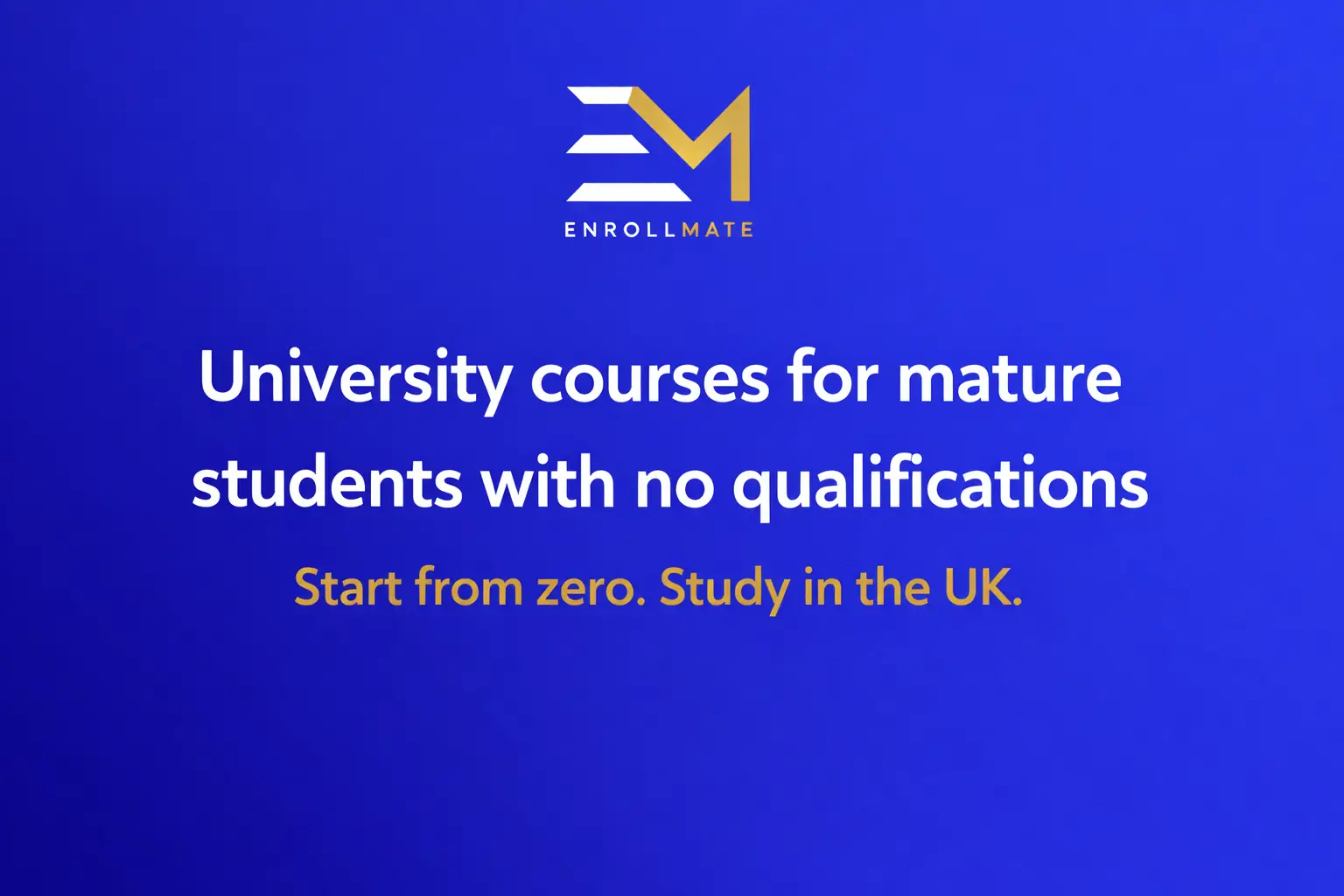How to choose the right university if you’re non-traditional student

Mihai Flueraru
June 23, 2025
The selection of a university as a non-traditional student may be overwhelming; however, it need not be like that. Returning to college after a few years? Returning to a degree with a family or a job? You are not the only one. There are more grown-ups than ever before who are opting to learn at a mature age.
However, the admission to the right university for non-traditional students may be complicated. You might not be interested in having a large campus with 18-year-olds.

You may require part-time programs, online courses, or more flexible assistance. The guide will assist you in making the right decision about a university that suits non-traditional students and your lifestyle, and will lead you to your objectives.
So walk through the steps.
1. Understand what “non-traditional student” means
- You’re a non-traditional student if:
- You’re 21 or older when you start your degree.
- You took a break after school before applying to university.
- You’re working full-time or part-time while studying.
- You have family responsibilities.
- You already have a degree and want to study something new.

The right university for non-traditional students will understand your needs. It will offer support, flexibility, and respect for your life experience.
2. Think about your goals
Before choosing a university, you have to ask yourself:
- Why do I want to study?
- What do I want to do after I graduate?
- Do I want to change my career or grow in my current job?

Your answers will help you find the right university for non-traditional students. Some universities focus on career changes. Others are better for academic research or professional growth.
3. Look for Flexible Study Options
The right university for non-traditional students should offer:
- Part-time courses
- Evening or weekend classes
- Online or hybrid learning
- Shorter courses or modules

This kind of flexibility makes it easier to study while working or caring for family. Always check the course format before you apply.
4. Check entry requirements
Many non-traditional students worry about past grades or long study gaps. But don’t panic.
The right university for non-traditional students often accepts work experience in place of formal education, access courses or foundation years, and personal statements explaining your journey. Some universities even offer “mature student pathways” to make entry easier.

5. Find out what support is available
Look for a university that supports adult learners. Support services might include:
- Career advice
- Mental health and well-being support
- Academic writing help
- Study skill workshops
- Childcare or family-friendly facilities

A good support system is key when you’re choosing the right university for non-traditional students.
6. Talk to other non-traditional students
It helps to hear from people like you. Join online forums or Facebook groups. Ask questions about their experience.
- Was the course flexible enough?
- Did the staff understand adult learners?
- Was it easy to balance life and study?

Learning from others will give you a real feel for the right university for non-traditional students.
7. Visit the campus (if you can)
If you live near the university, go visit it. A tour will show you:
- What the campus feels like
- How helpful the staff are
- If there are study spaces, cafes, and quiet zones
- If you feel comfortable there

8. Think about money and funding
Many non-traditional students worry about tuition fees. The good news? You may still get financial help. The right university for non-traditional students should help you:
- Apply for student loans
- Understand scholarships or bursaries
- Plan part-time work around your classes

You can read more about UK student finance on GOV.UK.
9. Explore course content in detail
Not all courses are the same. Even with the same name, course content can be different. Look at:
- The modules offered
- How many essays or exams are there
- What practical experience is included
- If there’s a final project or dissertation

10. Consider career services and job links
Non-traditional students often study with a career goal in mind. So check:
- Does the university help with job placements or internships?
- Are there links to employers?
- Do they offer CV help or mock interviews?

Career services can be a big part of finding the right university for non-traditional students.
11. Choose a friendly learning environment
Some adult learners fear they won’t fit in. But many universities welcome students of all ages. When choosing the right university for non-traditional students, ask:
- Do they have student groups for mature learners?
- Do tutors understand the needs of older students?
- Is there a mix of ages in the classes?
Feeling accepted and valued is just as important as course content.

12. Don’t Rush the Decision
Make a list of universities. Compare them. Think about what matters most to you. Ask yourself:
- Does this fit my lifestyle?
- Will this help me reach my goal?
- Do I feel excited to study here?

The right university for non-traditional students will feel like a good match, not just on paper, but in your heart too.
13. Look at online universities too
Online universities offer great flexibility. They are often perfect for working adults or parents. Check options like:

Other UK universities with distance learning options.
You can also explore services like Enrollmate, which help non-traditional students apply to the right university with step-by-step support.
14. Compare student satisfaction scores
You can check what other students think. Use tools like:

These can help you judge if the university really supports non-traditional learners.
15. Think about location (if studying on campus)
In case you are thinking of attending in person, consider:
- Travel time
- Parking
- Accommodation
- Safety of the area

The right university for non-traditional students will be easy to access and will feel safe and welcoming.
Final thoughts:
Remember: You’re not too old. You’re not too late. You’re just getting started. To explore more about studying as a non-traditional student in the UK, visit:











